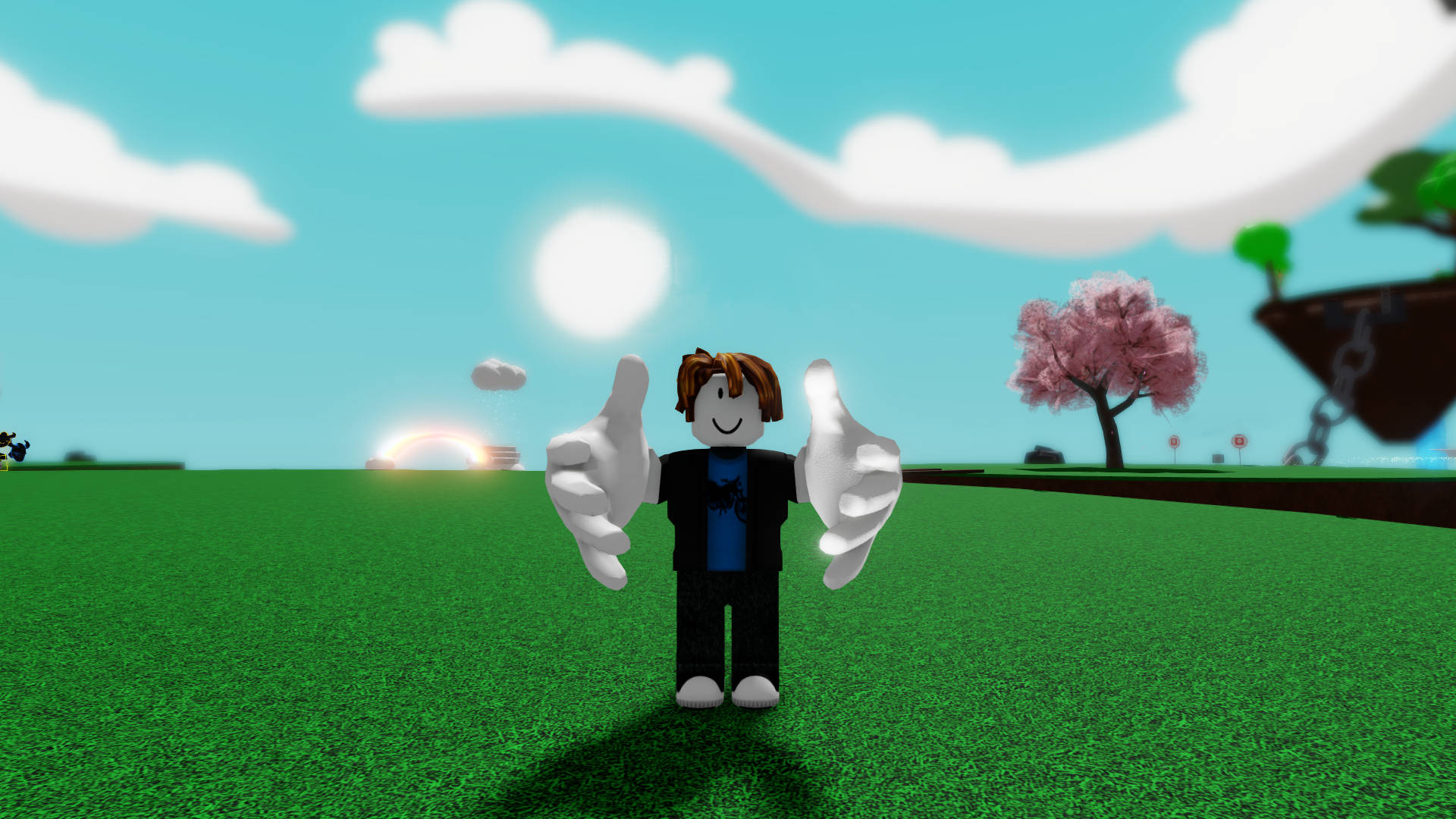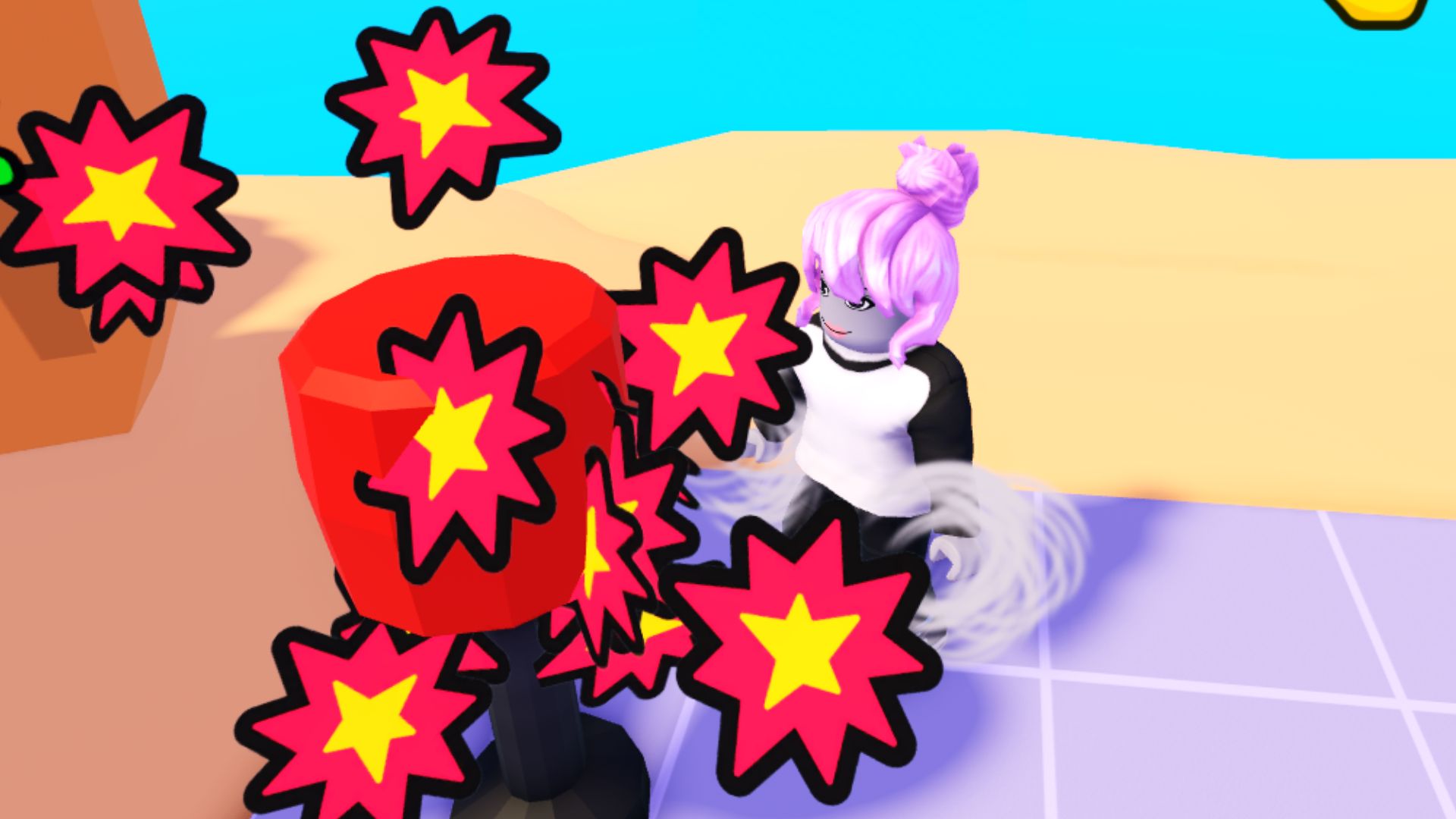When you hear the term "slap of amitment," it might sound like a random phrase that popped up out of nowhere. But trust me, it's more than just a buzzword. It's a cultural phenomenon that's been making waves across social media platforms, sparking debates, and even inspiring memes. So, what exactly is this "slap of amitment"? Let’s dive in and find out why it’s such a big deal.
In today's fast-paced world, trends come and go, but some stick around long enough to leave a lasting impression. The "slap of amitment" is one of those trends that has captured the attention of millions. It’s not just about a single event; it’s a reflection of how society reacts to unexpected moments of drama, humor, and sometimes even controversy.
This article will take you on a journey through the origins of the "slap of amitment," its cultural significance, and why it’s become such a hot topic. Whether you're a fan of pop culture, a social media enthusiast, or just someone looking to understand the latest viral sensation, this article has got you covered.
- Kourtney Kardashian Ring The Ultimate Guide To Her Sparkling Jewelry Collection
- United Stewardess Watanabe Dies In Kayak Accident A Tragic Tale Of Adventure Gone Wrong
What is the Slap of Amitment?
The "slap of amitment" refers to a moment that became iconic due to its unexpected nature and the sheer shock it delivered. Imagine this: a quiet event, a peaceful atmosphere, and then—BOOM! A slap that echoes through the halls of history. It’s not just any slap; it’s a slap that carries meaning, emotion, and a whole lot of drama.
Now, let’s break it down. The term "slap of amitment" gained popularity after an incident that went viral on social media. It’s a perfect example of how a single moment can spiral into a global phenomenon. The slap itself wasn’t just about physical contact; it was about the context, the timing, and the personalities involved.
Here’s the thing: slaps happen all the time, but not every slap becomes a cultural reference. The "slap of amitment" is special because it resonated with people on a deeper level. It sparked conversations about respect, boundaries, and even the fine line between entertainment and offense.
- Lil Wayne Las Vegas Residency The Hottest Show In Sin City
- Hopie Carlson The Rising Star Whos Stealing Hearts In Hollywood
The Origins of the Term
To truly understand the "slap of amitment," we need to go back to its roots. The term originated from a viral video that spread like wildfire across platforms like Twitter, TikTok, and Instagram. In the video, a seemingly innocent interaction turns into a dramatic confrontation, culminating in the infamous slap.
But why did it catch on? Well, it’s all about timing and context. The slap happened during a high-profile event, involving two well-known personalities. The shock factor was immense, and people couldn’t help but talk about it. Social media algorithms picked up on the buzz, and before you knew it, the "slap of amitment" was trending worldwide.
Interestingly, the term itself wasn’t coined by the people involved in the incident. It was created by fans and followers who were trying to make sense of what they had just witnessed. And let’s be honest, "slap of amitment" just rolls off the tongue in a way that makes it unforgettable.
Cultural Significance of the Slap
The "slap of amitment" isn’t just a viral moment; it’s a cultural touchstone. It reflects how we consume and interpret media in the digital age. In the past, incidents like this might have faded into obscurity, but with the power of social media, they become part of the collective consciousness.
People have analyzed the slap from every angle—was it justified? Was it overblown? What does it say about our society? These questions have sparked heated debates and even inspired academic discussions. Some argue that the slap represents a breaking point, a moment where people decided to take a stand against perceived injustices. Others see it as a reminder of the importance of empathy and understanding.
Regardless of your stance, there’s no denying that the "slap of amitment" has left a mark on our culture. It’s a reminder of how quickly things can escalate in the digital world and how important it is to approach controversial topics with nuance and respect.
Impact on Social Media
Social media played a crucial role in amplifying the "slap of amitment." Platforms like Twitter and TikTok became ground zero for discussions, memes, and even fan theories. People couldn’t get enough of the drama, and content creators seized the opportunity to capitalize on the trend.
Here’s a quick rundown of how the slap impacted different platforms:
- Twitter: The go-to place for real-time reactions and hot takes. Threads dissecting the slap went viral, with users offering their thoughts on everything from the slap’s technique to its cultural implications.
- TikTok: A hub for creative interpretations. Users recreated the slap in their own videos, adding humor, music, and even special effects to make it their own.
- Instagram: Where the visuals shone. Instagram posts and stories featuring the slap were shared millions of times, with captions ranging from serious to sarcastic.
What’s fascinating is how the slap transcended the boundaries of individual platforms. It wasn’t just a Twitter trend or a TikTok meme; it was a cultural moment that resonated across all social media channels.
Public Reaction and Opinions
When the "slap of amitment" first hit the internet, reactions were all over the place. Some people were outraged, others were amused, and a few were genuinely confused. The diversity of opinions speaks to the complexity of the situation.
Let’s break it down:
- Supporters: Many people praised the slap as a necessary act of defiance. They saw it as a moment of empowerment, where someone stood up for themselves in the face of injustice.
- Critics: Others condemned the slap, calling it unnecessary and unprofessional. They argued that there are better ways to handle disagreements and that violence is never the answer.
- Neutral Observers: Then there were those who simply watched the drama unfold with a mix of curiosity and amusement. They didn’t take sides but enjoyed the spectacle nonetheless.
What’s clear is that the "slap of amitment" sparked a conversation that went beyond the incident itself. It made people think about their own values, beliefs, and how they approach conflict in their lives.
Psychological Perspective
From a psychological standpoint, the "slap of amitment" offers a fascinating case study. It’s a perfect example of how emotions can escalate in high-pressure situations. When someone feels disrespected or threatened, their fight-or-flight response kicks in, and sometimes, that results in a slap.
Experts in psychology have weighed in on the incident, offering insights into why people react the way they do. Some argue that the slap was a primal response to perceived disrespect, while others suggest it was a calculated move to make a statement.
Regardless of the reasoning, the slap serves as a reminder of the power of emotions in shaping our actions. It’s a lesson in emotional intelligence and the importance of managing our responses in challenging situations.
Key Takeaways from Psychological Analysis
Here are a few key points from the psychological perspective:
- Emotions can override rational thinking in high-stakes situations.
- Perceived disrespect can trigger strong emotional responses.
- Understanding the root cause of someone’s actions can lead to greater empathy and understanding.
Legal Implications
While the "slap of amitment" might seem like a harmless viral moment, it does have legal implications. In many jurisdictions, slapping someone can be considered assault, and the person delivering the slap could face legal consequences.
Legal experts have weighed in on the matter, discussing the potential ramifications of the slap. They’ve pointed out that even in cases where the slap might seem justified, there are legal procedures in place to address grievances.
What’s interesting is how the public’s perception of the slap influences their views on the legal outcome. Some people believe that the slap was a necessary act of self-defense, while others think it should be treated as a criminal offense.
Key Legal Considerations
Here are some important legal points to consider:
- Slapping someone can be classified as assault in many legal systems.
- Self-defense claims need to be evaluated based on the specific circumstances of the incident.
- Legal consequences can vary depending on the jurisdiction and the severity of the incident.
Media Coverage and Analysis
The "slap of amitment" didn’t just capture the attention of social media users; it also made headlines in mainstream media outlets. Newspapers, magazines, and online publications covered the incident extensively, offering their own takes on what happened and why.
Journalists and analysts dissected every aspect of the slap, from the personalities involved to the cultural context. Some focused on the slap’s impact on the entertainment industry, while others explored its broader societal implications.
What’s fascinating is how the media coverage influenced public perception. Depending on the outlet, the slap was portrayed as anything from a trivial incident to a groundbreaking moment in pop culture history.
Key Media Insights
Here are some key insights from media coverage:
- The slap highlighted the power dynamics in the entertainment industry.
- It sparked discussions about the role of social media in shaping public opinion.
- Media outlets played a crucial role in amplifying the conversation and keeping the slap relevant.
Future Implications
As the "slap of amitment" continues to resonate with people, it’s worth considering its future implications. Will it remain a cultural touchstone, or will it fade into obscurity like so many other viral moments? Only time will tell.
What’s clear is that the slap has already left a lasting impact. It’s changed the way we think about conflict, respect, and the role of social media in our lives. It’s also reminded us that even in a world filled with distractions, certain moments can capture our attention and hold it for a long time.
Looking ahead, the slap might inspire more discussions about how we handle disagreements and navigate complex social dynamics. It could even lead to changes in how we approach conflict resolution, both online and offline.
Conclusion
The "slap of amitment" is more than just a viral moment; it’s a cultural phenomenon that has sparked conversations, debates, and even memes. From its origins to its impact on social media, the slap has shown us the power of a single moment to shape our collective consciousness.
So, what can we take away from all of this? First, the importance of understanding context and perspective when interpreting events. Second, the role of social media in amplifying and shaping public opinion. And finally, the need for empathy and understanding in our interactions with others.
As you leave this article, I encourage you to share your thoughts on the "slap of amitment." Do you think it was justified? Was it overblown? Or was it just another viral moment in a world filled with them? Let’s keep the conversation going!
Table of Contents
- Nicole Simpson Abuse Photos The Truth The Impact And What You Need To Know
- Troy Mure The Untold Story Of A Rising Star In The Music Scene


